Is it possible to supplement a plant with glucose?
Soumil Yarlagadda
last month
Featured Answer
Sort by:Oldest
Comments (16)
BillMN-z-2-3-4
last monthlast modified: last monthBabka NorCal 9b
last monthRelated Professionals
Lakeland Landscape Contractors · Matthews Landscape Contractors · Barrington Landscape Contractors · Elmhurst Landscape Contractors · Pompton Lakes Landscape Contractors · San Bernardino Siding & Exteriors · Clark Landscape Architects & Landscape Designers · Maple Valley Landscape Contractors · Battle Ground Landscape Contractors · Kearny Landscape Contractors · Mashpee Landscape Contractors · Waterford Landscape Contractors · Framingham Window Contractors · Oakland Fence Contractors · Richmond West Fence ContractorsSoumil Yarlagadda
last monthsam_md
last monthgardengal48 (PNW Z8/9)
last monthkevin9408
last monthken_adrian Adrian MI cold Z5
last monthBillMN-z-2-3-4
last monthlast modified: last monthbeesneeds
last monthSoumil Yarlagadda
last monthSoumil Yarlagadda
last monthbeesneeds
last monthBillMN-z-2-3-4
last monthsam_md
29 days agolast modified: 29 days agotapla (mid-Michigan, USDA z5b-6a)
29 days ago
Related Stories
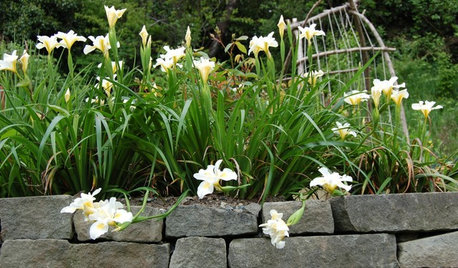
GARDENING GUIDESTop 10 Native Plants for the Pacific Northwest
More than just gorgeous and adaptable, these standout plants convey a sense of place
Full Story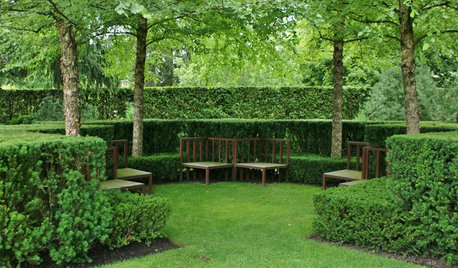
GARDENING GUIDESGrow Your Own Privacy: How to Screen With Plants and Trees
Use living walls to lower your home and garden's exposure while boosting natural beauty in your landscape
Full Story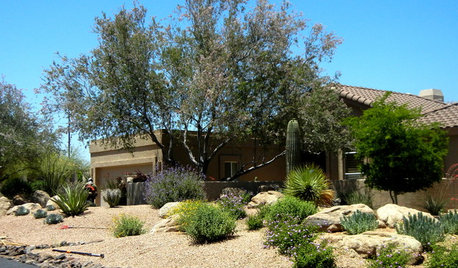
GARDENING GUIDESGreat Design Plant: Olneya Tesota Offers Desert Shade
This long-lived Southwestern native tree decorates the sky with its dusty gray-green foliage and lavender-colored blossoms
Full Story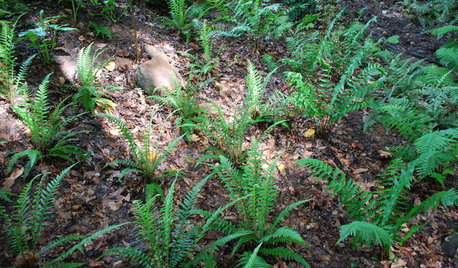
GARDENING GUIDESGreat Design Plant: Phegopteris Decursive-Pinnata
Consider Japanese beech fern for a spreading but noninvasive ground cover for shade
Full Story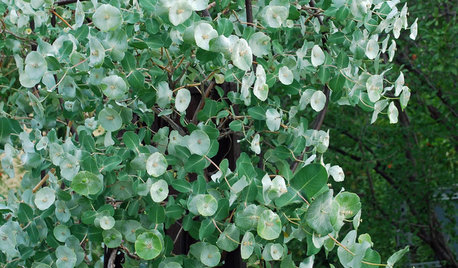
BLUE AND GRAY FOLIAGEGreat Design Plant: Kintzley's Ghost Honeysuckle
Looking for a versatile plant with beautiful color and texture? This unusual honeysuckle may be just the ticket
Full Story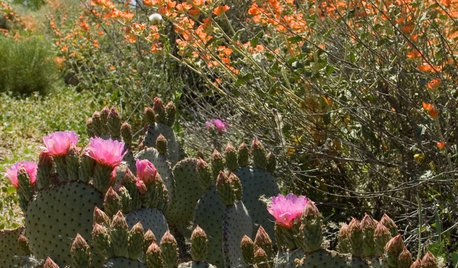
GARDENING GUIDESGreat Design Plant: Beavertail Prickly Pear Wows With Color
The dazzling magenta flowers of this cactus will snag your heart — just beware the bristles that can stick in your skin
Full Story
GARDENING GUIDES6 Questions That Will Help You Pick the Best Plants for Your Site
Before you head to the nursery, learn more about your outdoor space
Full Story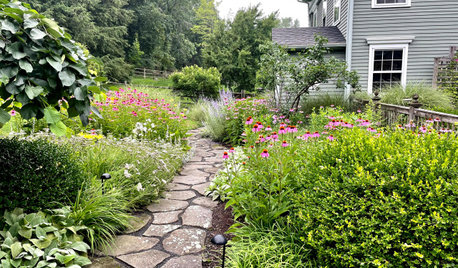
GARDENING GUIDESWhy Your Native Plants Might Be Struggling
Some common issues have simple remedies
Full Story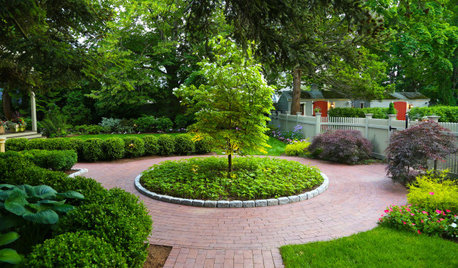
GARDENING GUIDESWhen and How to Plant a Tree, and Why You Should
Trees add beauty while benefiting the environment. Learn the right way to plant one
Full Story
GARDENING 101How to Choose the Right Plant Container
Keep plants healthy and container gardens looking good by beginning with the right pot size and shape
Full StoryMore Discussions






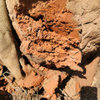


kevin9408